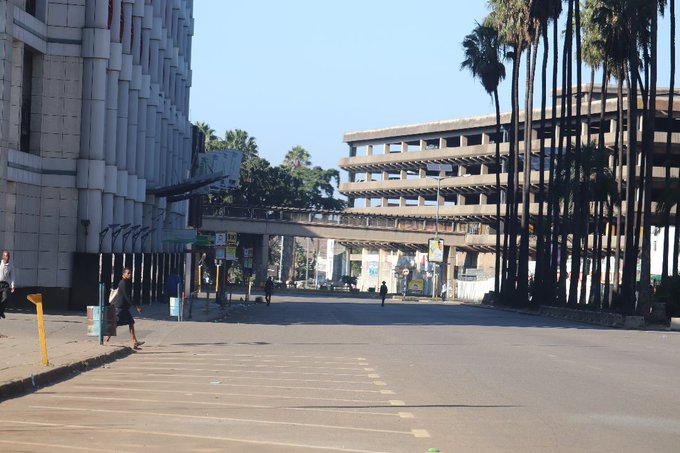On February 24, 2020, the Executive Board of the International Monetary Fund (IMF) concluded the Article IV consultation1 with Zimbabwe. As the Board meeting and the policy discussions with the authorities on which the staff report is based occurred before the COVID-19 became a pandemic, the staff report does not reflect the implications of this development. While highly uncertain at this stage, it is clear that COVID-19 will adversely impact the economic outlook for Zimbabwe and require additional health-related spending and international support. COVID-19 will make it even harder to balance the policies needed to restore macroeconomic stability with those to address urgent social needs.
Zimbabwe is experiencing an economic and humanitarian crisis. Macroeconomic stability remains a challenge: the economy contracted sharply in 2019, amplified by climate shocks that have crippled agriculture and electricity generation; the newly introduced ZWL$ has lost most of its value; inflation is very high, and international reserves are very low. The climate shocks have magnified the social impacts of the fiscal retrenchment, leaving more than half of the population food insecure. With another poor harvest expected, growth in 2020 is projected at near zero, with food shortages continuing.
The government that came to office following the 2018 elections adopted an agenda focused on macro stabilization and reforms. This was supported by a Staff Monitored Program from the IMF, adopted in May 2019, but is now off-track as policy implementation has been mixed. Notable reforms include a significant fiscal consolidation that has helped reduce the monetary financing of the deficit, the introduction of the new domestic currency in February 2019, the creation of an interbank FX market, and the restructuring of the command agriculture financing model to a public-private partnership with commercial banks. However, uneven implementation of reforms, notably delays and missteps in FX and monetary reforms, has failed to restore confidence in the new currency.
Reengagement with the international community continues to face delays. The Zimbabwean government has yet to define the modalities and financing to clear arrears to the World Bank and other multilateral institutions, and to undertake reforms that would facilitate the resolution of arrears with bilateral creditors. This continues to constrain Zimbabwe’s access to external official support.
As a result, the authorities face a difficult balance of pursuing a tight monetary policy to reduce very high inflation and prudent fiscal policy to address the macroeconomic imbalances and build confidence in the currency, while averting a crisis. While the 2020 budget includes a significant increase in social spending, it is likely insufficient to meet the pressing social needs. Absent a scaling up of donor support, the risks of a deep humanitarian crisis are high.






